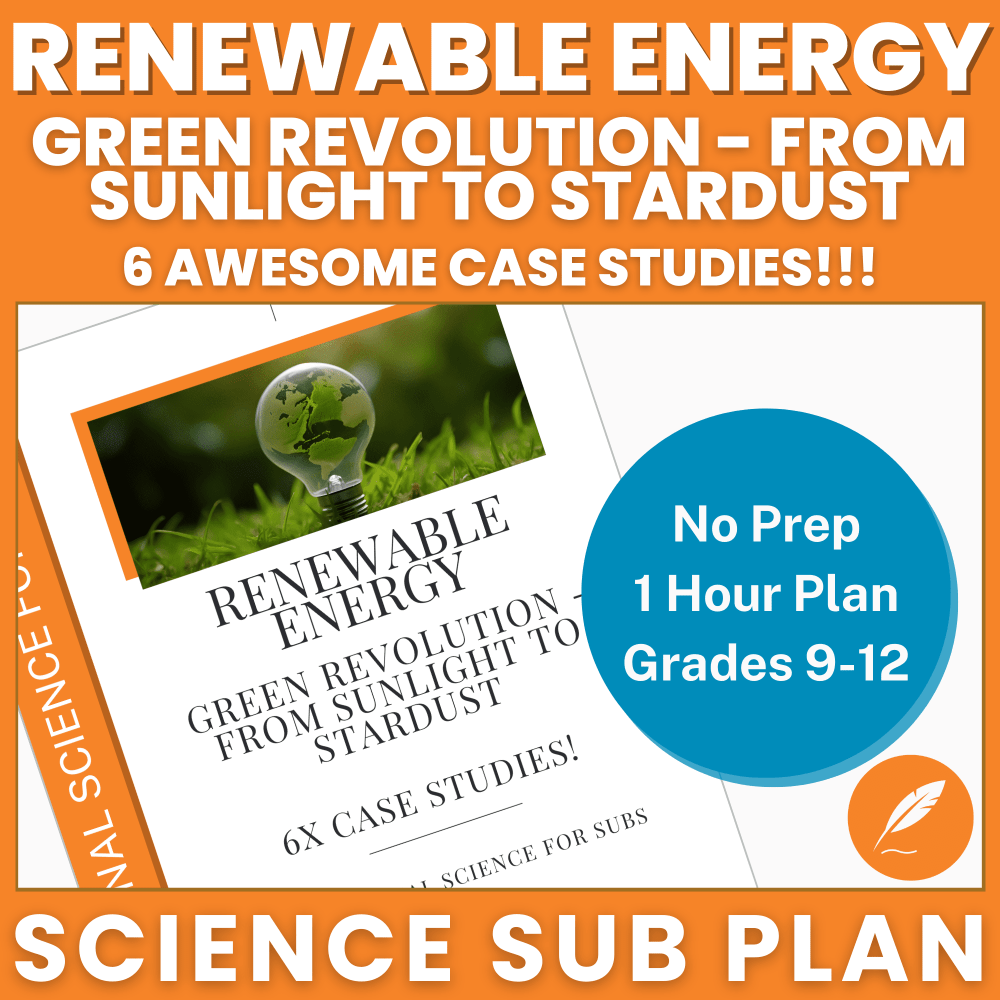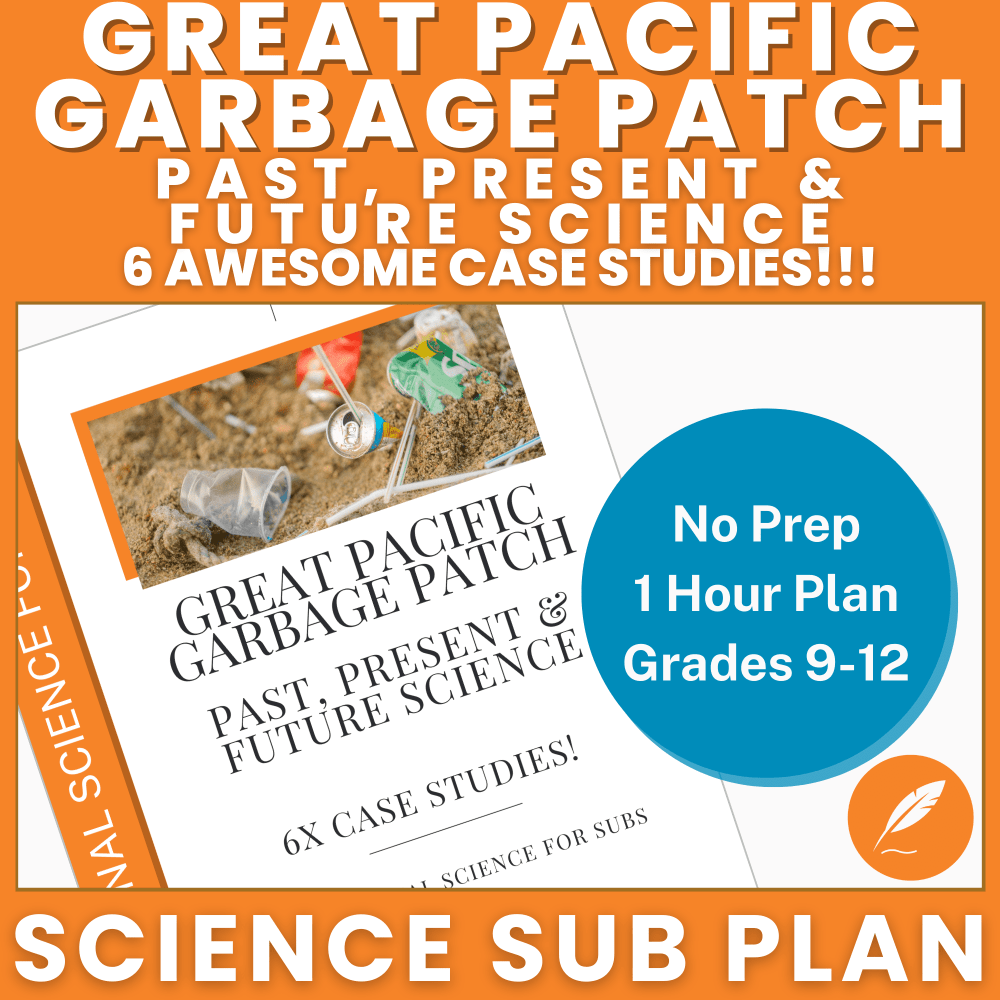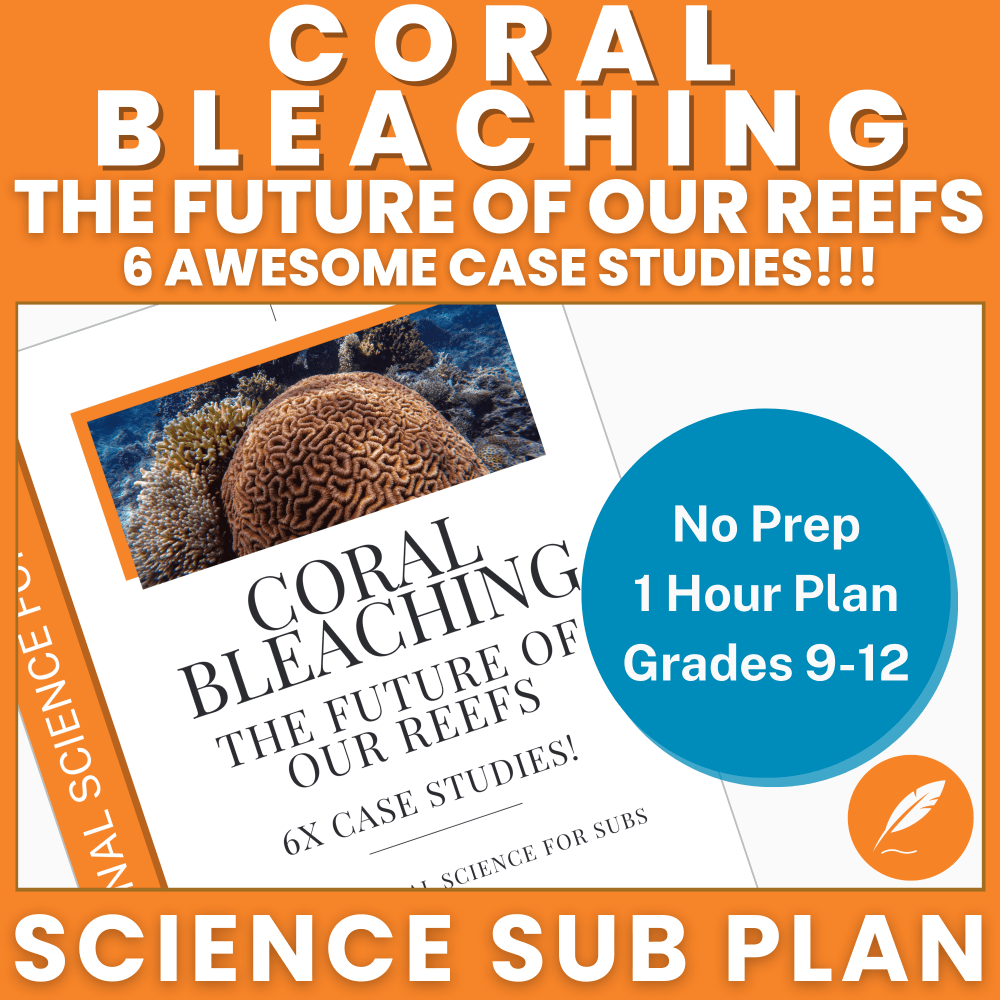Case Studies in Science Education
Ever felt like your science lessons could do with a dash of real-world pizzazz? You're not alone! Science Case studies might just be the secret ingredient you've been looking for to spice up your classroom. These nifty tools bring scientific concepts to life, letting students grapple with genuine problems faced by researchers and professionals. By diving into real scenarios, your pupils won't just memorise facts – they'll develop critical thinking skills and see how science shapes the world around them. But how exactly can you use case studies to transform your teaching? Well, you're in for a treat...
More...
The Importance of Real-World Issues in the Science Classroom
Let's face it, textbooks can be a bit... yawn-inducing. But real-world issues? Now that's where the magic happens! Bringing current scientific challenges into your classroom isn't just about keeping things interesting - it's about preparing your students for life beyond school.
Connecting the Dots
When you introduce real-world issues, you're helping your pupils connect those abstract concepts to tangible problems. Suddenly, photosynthesis isn't just a process to memorise - it's a key player in tackling climate change. This approach doesn't just improve understanding; it sparks curiosity and shows students why science matters.
Fostering Future Problem-Solvers
By tackling real issues, you're nurturing critical thinking and problem-solving skills. Your students won't just be passive learners; they'll be budding scientists, ready to tackle the challenges of tomorrow. Plus, it's a brilliant way to showcase the diverse career paths in science. Who knows? You might just inspire the next great environmental scientist or medical researcher!
Check out our Case Studies Lesson Plans on TPT - complete with 6x Case Studies each! Whether you're looking for Physics, Chemistry or Biology Case Studies, we've got you covered!
Benefits of Using Case Studies in Science
Right, so you're sold on real-world issues, but why case studies specifically? Well, the benefits are pretty impressive!
Bringing Science to Life
Case studies are like the superhero capes of science education. They transform dry facts into thrilling narratives, making complex ideas accessible and engaging. Instead of memorising the steps of the scientific method, students get to see it in action, solving real problems just like proper scientists.
Bring real-world issues into your #ScienceClass with #CaseStudies. See the difference in #StudentEngagement! #ScienceTeachers #TeachingTips @inspirationalscienceforsubs
Developing Analytical Skills
With case studies, your students become detectives, sifting through information, identifying key points, and drawing conclusions. It's not just about finding the right answer; it's about understanding how to approach scientific problems. This kind of analytical thinking is gold dust in the scientific world (and pretty handy in everyday life, too).
Encouraging Teamwork and Communication
Many case studies work brilliantly as group projects. Students learn to collaborate, debate ideas, and present their findings - all crucial skills for future scientists (and, let's be honest, for most careers). Plus, it's a great way to get those quieter students involved in class discussions.
Check out our Great Pacific Garbage Patch Case Studies Lesson Plans on TPT - complete with 6x Case Studies each!
Examples of Successful Case Studies in Science Education
Now that you're all fired up about case studies, let's look at some crackers that have really hit the mark in science classrooms.
The Great Barrier Reef Dilemma
This beauty combines biology, chemistry, and environmental science. Students investigate the impacts of climate change on coral reefs, proposing solutions to protect these delicate ecosystems. It's a fantastic way to show how different scientific disciplines intersect in the real world.
Check out our Coral Reef Lesson Plan on TPT - complete with 6x Case Studies - and learn about how our reefs are under threat from climate change!
The Mars Water Mystery
Fancy a bit of space exploration? This case study gets students analysing data from Mars rovers to determine if there's water on the Red Planet. It's perfect for teaching the scientific method and data interpretation. Plus, who doesn't love a bit of space chat?
The GMO Debate
Here's one to really get the grey matter going. Students explore the pros and cons of genetically modified organisms, considering scientific evidence alongside ethical and societal impacts. It's a brilliant exercise in critical thinking and scientific communication.
Renewable Energy Teaching Bundle: Fossil Fuels to Green Power

3x No Prep Lesson Plans
Unleash your students' inner Green Warrior with 3 Climate Change lesson plans: Fossil Fuels, The Great Pacific Garbage Patch, Renewable Energy
Lesson plans included:
Challenges and Solutions in Using Case Studies
Right, let's not sugar-coat it - implementing case studies can be a bit tricky. But don't worry, for every challenge, there's a clever solution!
Time Constraints: The Never-Ending Battle
Challenge: You're already stretched thin trying to cover the curriculum. How on earth can you fit in case studies?
Solution: Start small! You don't need to overhaul your entire teaching plan overnight. Try incorporating mini case studies into your existing lessons. As you get more comfortable, you can gradually increase their complexity and frequency.
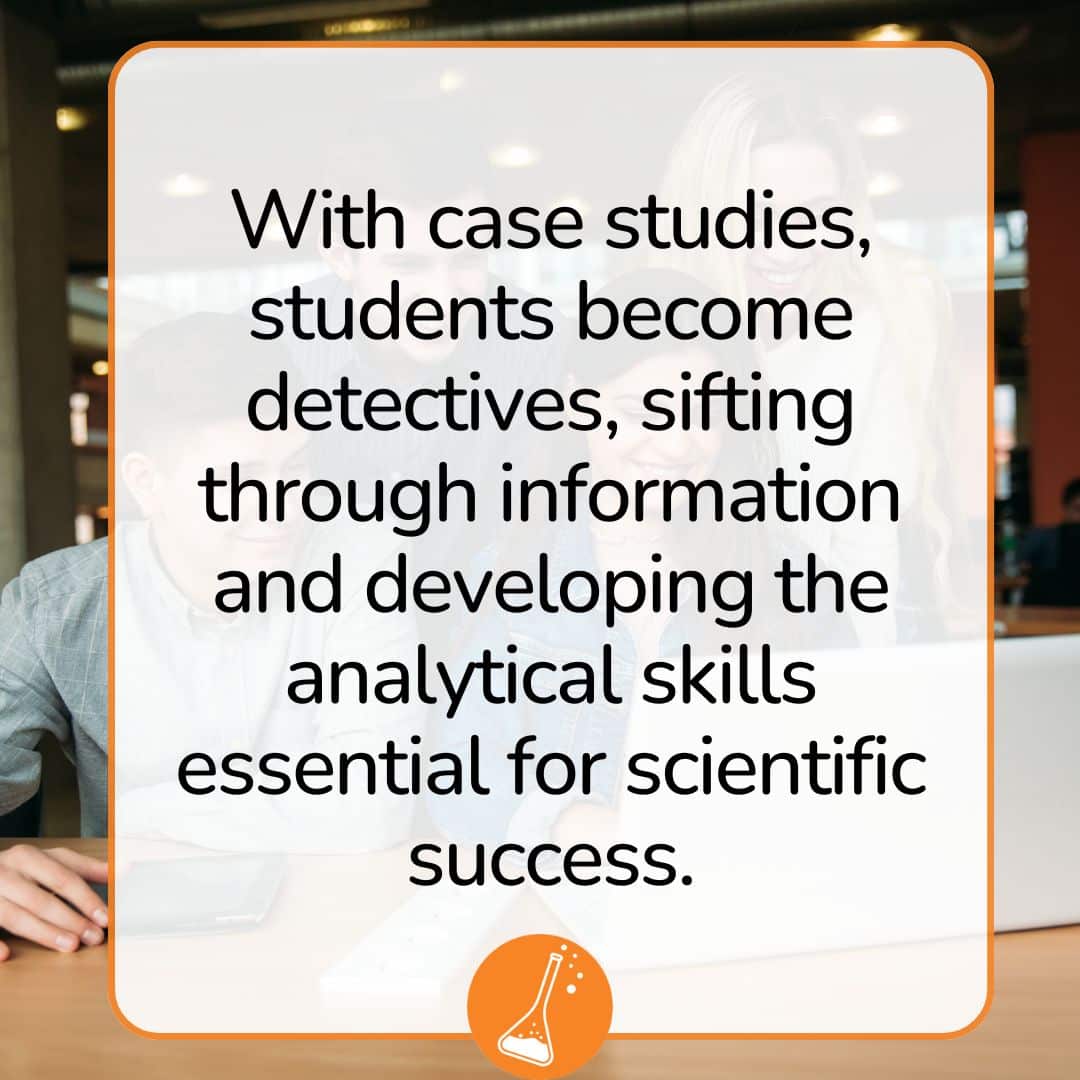
Finding the Right Level
Challenge: Case studies can be too simple for some students and too complex for others.
Solution: Differentiation is your best mate here. Provide additional resources for students who need extra support, and extension questions for those whizz kids who finish early. Remember, the beauty of case studies is that they can be tackled at various levels of depth.
Keeping It Relevant and Up-to-Date
Challenge: Science moves fast! How do you keep your case studies current?
Solution: Make it a collaborative effort. Encourage students to bring in news articles or research papers related to your topics. Not only does this keep things fresh, but it also teaches students to engage with scientific news critically. Win-win!
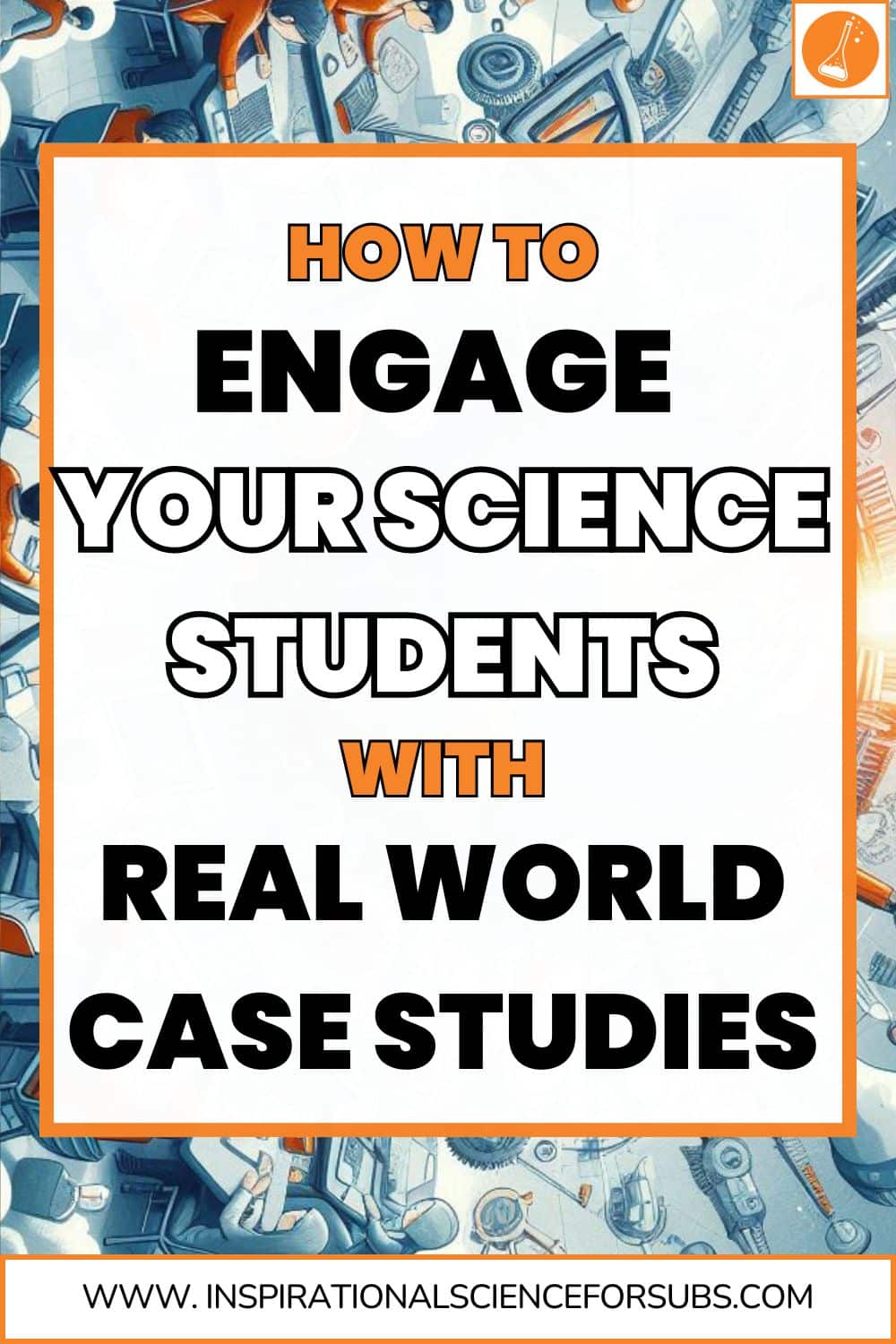
Enjoyed the article?
Summary: The Impact of Case Studies on Science Student Engagement
So, there you have it! Case studies are a brilliant way to breathe life into your science lessons. They're not just about making learning fun (though that's a fab bonus) - they're about equipping your students with real-world skills. By tackling genuine scientific challenges, your pupils will develop critical thinking, problem-solving abilities, and a deeper understanding of how science shapes our world. Yes, there might be a few bumps along the way, but the payoff is worth it. You'll be creating a classroom full of engaged, curious learners who don't just know science - they live and breathe it. Now that's what we call inspirational science!

